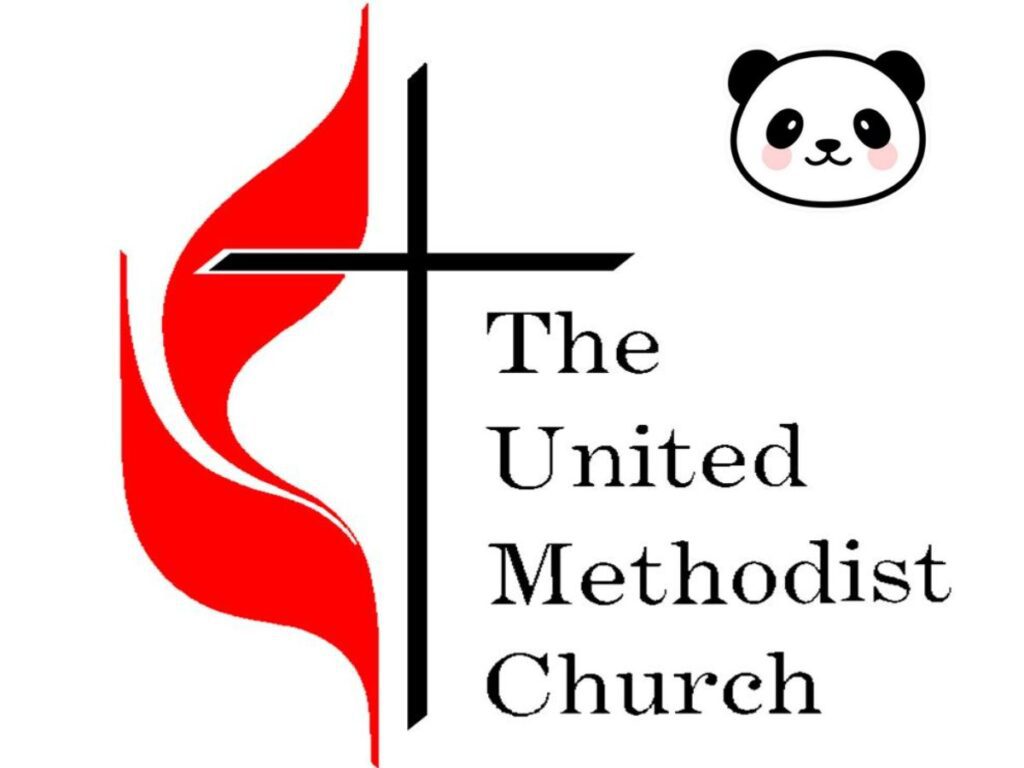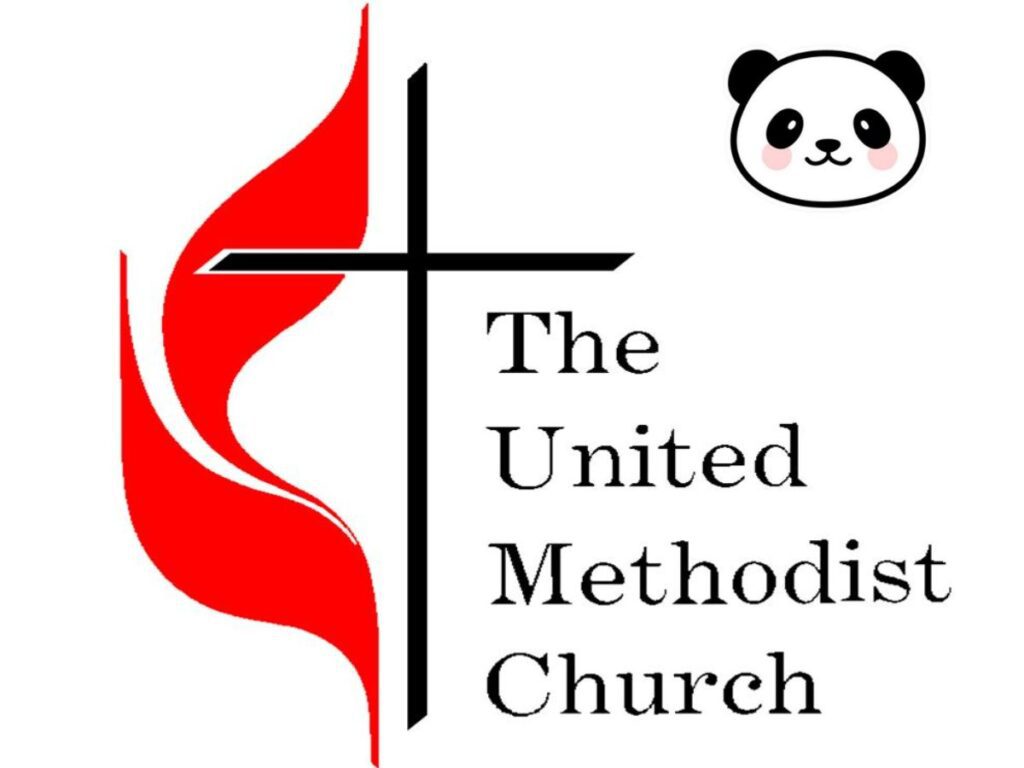Introduction:
In recent times, the United Methodist Church (UMC) has found itself at the center of intense discussions and self-examination. As a devoted UMC minister with more than five decades of service to this faith community, I am deeply invested in the path we currently tread.


This article embarks on a journey to explore the myriad challenges confronting the United Methodist Church, particularly in the context of recent events, while emphasizing the pivotal role of grace in navigating these trials.
United Methodist Church‘s Theological Roots and Doctrinal Framework
At the very core of the United Methodist Church‘s identity resides a rich theological tradition firmly rooted in the teachings of John Wesley. This tradition masterfully weaves divine grace into the fabric of faith, shaping the beliefs and practices of UMC congregations across generations.
Nevertheless, we find ourselves compelled to examine recent developments that raise important questions about the alignment of UMC’s doctrine with its everyday practices.
The Bishop Minerva G. Carcaño Trial:
The recent, momentous four-day trial involving United Methodist Bishop Minerva G. Carcaño, which reached its conclusion on September 22, has cast a long and consequential shadow over the denomination.
Bishop Carcaño, a trailblazing figure as the first Latina bishop within the United Methodist Church, faced allegations in a case that broke new ground and further intensified divisions within the denomination. These divisions primarily revolve around issues related to same-sex unions and the ordination of LGBTQ individuals.
Striking a Balance: Confidentiality vs. Transparency:
The trial of Bishop Carcaño thrust into the limelight a pressing challenge: finding the delicate equilibrium between preserving the confidentiality of complainants and respondents while upholding transparency within the broader church community.
While the identity of the complainants and the details of their grievances were disclosed to Bishop Carcaño, much of the church and the public remained uninformed. This information gap fostered a climate of speculation and misinformation.
The Boundaries of Church Procedures:


Within the United Methodist Church‘s Book of Discipline, a trial is designated as a “last-resort expedient.
It meticulously outlines procedures for addressing grievances with a profound emphasis on preserving grace and confidentiality. However, the trial involving Bishop Carcaño laid bare the limitations of these procedures.
The extended suspension of Bishop Carcaño and the absence of information regarding the complaints left some interpreting her silence as an admission of guilt.
Concluding Thoughts:
The trial of Bishop Minerva G. Carcaño has presented the United Methodist Church with a unique opportunity for introspection and growth.
As our denomination grapples with internal divisions and confronts external challenges, it becomes imperative that we confront the fundamental questions raised by this trial.
The United Methodist Church must embark on a journey toward harmonizing its doctrine and practices, remaining steadfast in its mission of serving its members and the wider community with unwavering grace and integrity.
In doing so, we can emerge from these trials as a stronger, more united, and deeply committed faith community.









